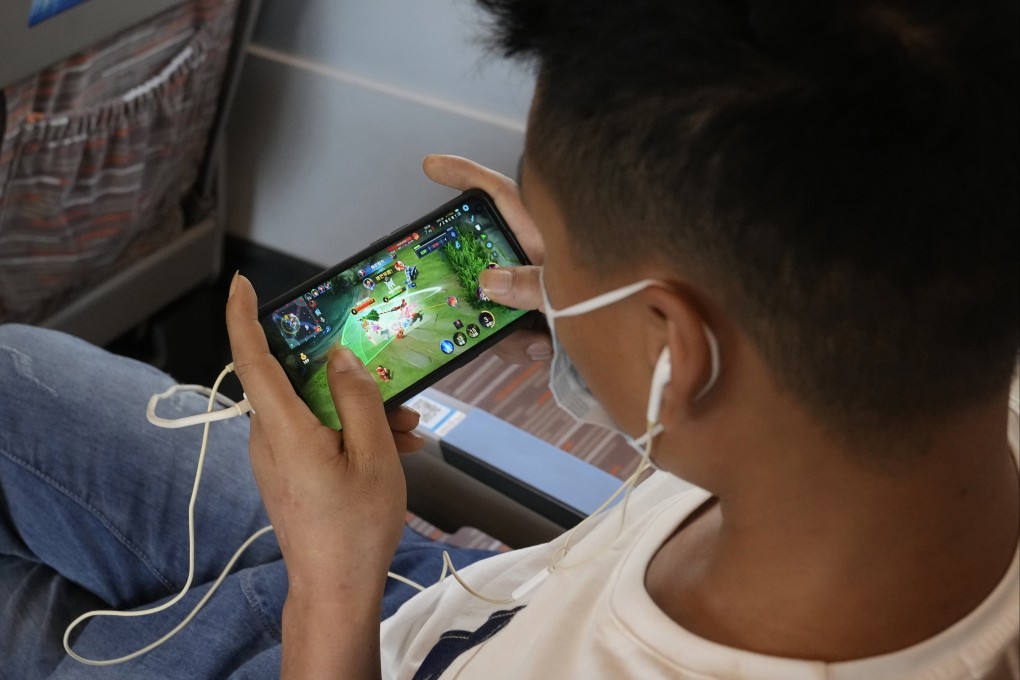‘Two sessions’ 2022: China’s video game crackdown shows no signs of easing as delegate proposals reflect harsh stance
- NPC and CPPCC delegates have suggested additional measures to curb video game addiction, such as a complete ban for minors and holding parents accountable
- The legislative bodies are not directly involved in policymaking for the video game industry, but they reflect the political climate in Beijing

Multiple delegates at this year’s “two sessions”, China’s largest annual political gathering, have suggested the government tighten its control over video games to keep minors away from such content, signalling that there is little political appetite for pushing to ease restrictions on the industry.
The National People’s Congress (NPC) and Chinese People’s Political Consultative Conference (CPPCC), the two bodies currently meeting in Beijing, are not directly involved in policymaking for the gaming industry, but the two sessions can act as a bellwether for national policy.
Comments from delegates this year suggest the political climate in Beijing remains hostile towards gaming.
“Many minors are purchasing game accounts or the personal information of adults online to get around the playtime restrictions,” said Xu Jin, a CPPCC delegate. The government must enhance oversight, Xu said, as some e-commerce sites and trading platforms are ignoring the rules.